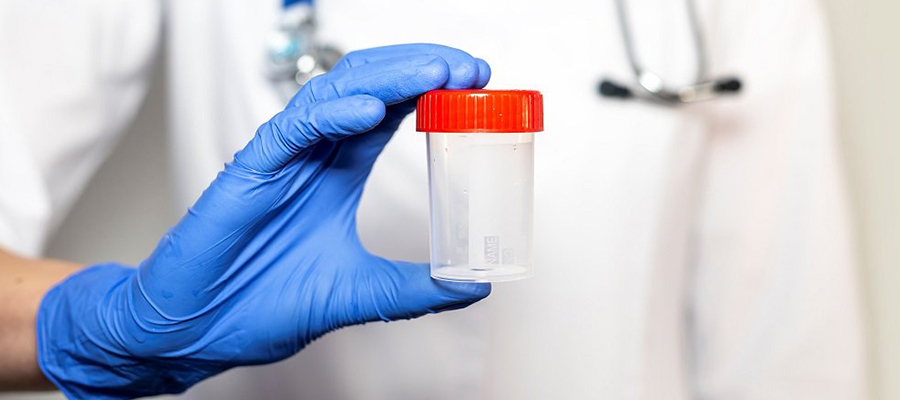
Estimated reading time: 2 minutes and 31 seconds
Sperm Test
Understanding Male Fertility
A sperm test, also known as semen analysis, is a crucial diagnostic tool used to assess male fertility and reproductive health. At Aktif International Hospitals, we offer comprehensive sperm testing services to provide valuable insights into sperm count, motility, morphology, and other factors affecting fertility.
Frequently Asked Questions
What is a sperm test?
A sperm test, or semen analysis, is a laboratory test used to evaluate the quantity, quality, and overall health of sperm in a man’s semen. It assesses various parameters, including sperm count (the number of sperm present), motility (the ability of sperm to move effectively), and morphology (the size and shape of sperm).
Why is a sperm test performed?
A sperm test is performed to evaluate male fertility and identify any potential issues that may affect a couple’s ability to conceive. It may be recommended as part of a fertility evaluation for couples experiencing difficulty conceiving or as a routine assessment of reproductive health.
How is a sperm test performed?
During a sperm test, a man provides a semen sample, typically obtained through masturbation, into a sterile container provided by the laboratory. The sample is then analyzed under a microscope to assess various parameters, including sperm count, motility, morphology, and other characteristics.
What do the results of a sperm test indicate?
The results of a sperm test provide valuable information about male fertility and reproductive health. Normal sperm parameters typically include:
- Sperm count: At least 15 million sperm per milliliter of semen.
- Sperm motility: At least 40% of sperm exhibiting forward movement (progressive motility).
- Sperm morphology: At least 4% of sperm with normal size and shape (morphology).
Abnormalities in sperm parameters may indicate underlying issues that could affect fertility, such as low sperm count, poor sperm motility, or abnormal sperm morphology.
What factors can affect sperm quality?
Several factors can influence sperm quality and fertility, including:
- Lifestyle factors: Poor diet, excessive alcohol consumption, smoking, drug use, obesity, and high levels of stress can negatively impact sperm production and quality.
- Medical conditions: Certain medical conditions, such as hormonal imbalances, infections, varicoceles (enlarged veins in the scrotum), and genetic disorders, may affect sperm production and function.
- Environmental factors: Exposure to toxins, chemicals, radiation, and high temperatures (such as hot tubs or saunas) can impair sperm production and viability.
How can Aktif International Hospitals help with sperm testing?
At Aktif International Hospitals, our experienced reproductive specialists and andrologists offer comprehensive sperm testing services to assess male fertility and reproductive health. We utilize state-of-the-art laboratory techniques and diagnostic technologies to provide accurate and reliable results. If you have concerns about male fertility or are experiencing difficulty conceiving, schedule a consultation with one of our experts to discuss your options and develop a personalized treatment plan.
Author: Göksel Verim


 TR
TR FR
FR ES
ES RU
RU RO
RO